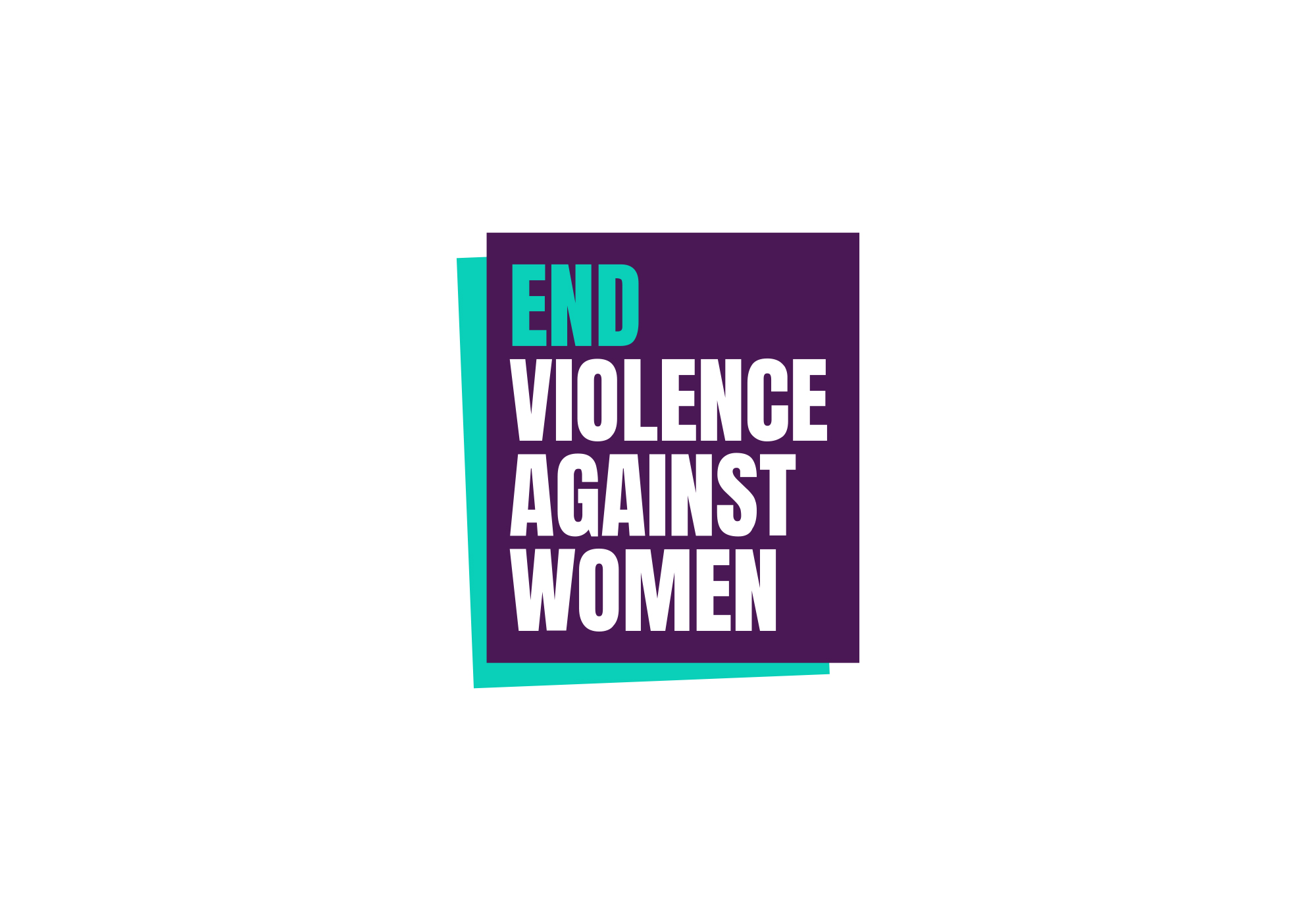 03 Dec
03 Dec
Recognition that agencies need to focus on perpetrators is welcome
The End Violence Against Women Coalition today (19 September) welcomed the publication of an authoritative, new joint inspectors’ report on domestic violence and children.
On perpetrators:
The inspectors’ key finding that while ‘crisis response’ is happening, there is less commitment to and investment in long-term prevention of abuse is extremely important. Their observation that statutory agencies’ focus on immediate crisis leads them to reduce their attention to perpetrators is critical. Tackling perpetrators, who are overwhelmingly adult men and usually repeat offenders, is the key to long-term prevention of domestic violence.
We welcome the report’s call for “a more systematic focus on perpetrators’ behaviour”. There is a growing evidence base about what kinds of interventions actually work with perpetrators of domestic violence. We need those who commission and fund this work, including national government and also police and crime commissioners, local authorities and others, to guarantee that they will invest in developing this evidence base and only support work which is safe and effective. Such work puts women and children’s safety at the heart of the intervention and does not treat offenders in isolation as this report finds some public services doing (including probation and adult mental health). National standards for perpetrator work are available and should be made statutory.
On specialist support services:
Independent women’s support services, who over more than four decades have developed holistic victim-centred support and who have profound understanding of the causation and dynamics of domestic violence, are the critical local partner in ensuring the best ‘systemic response’. The failings described in this report, in particular the lack of awareness and training on coercive control among frontline workers, can be addressed by working collaboratively with women’s support services. All those charged with following up on this report should ensure they are in touch with and making the most of relationships with the independent women’s support sector.
On schools and systemic change across public services:
We warmly welcome the comments by Ofsted that schools are critical in the drive to end domestic violence and have a huge role to play, including detecting abuse and helping to develop attitudes and behaviours which foster equal and respectful intimate relationships. The call for an awareness drive across public services is also extremely welcome.
The upcoming Domestic Violence and Abuse Bill is an opportunity to put some of what is needed in this area into law, and to create a Commissioner in this area who has real power and influence to help build the systemic change described.
On gender inequality as a key driver of violence:
Finally, it is notable that the report acknowledges that domestic violence is very disproportionately experienced by women and committed by men, but that it does not reflect on gender inequality as a key driver of abuse or as being part of what children are experiencing when they ‘witness’ or are subjected to abuse. Long-term efforts to end and prevent domestic violence, and all the other forms of violence that women and girls very disproportionately experience, need to be based on a perspective that sees and names and responds to gender inequality as a key cause – this includes perpetrator work which tackles some men’s sense of entitlement to control their partners, and preventative work with young people in schools that unpacks gender ‘rules’ about how men and women should behave. This is never to say that men are not sometimes victims of domestic violence, but this fact does not make gender irrelevant.
ENDS
Recommended ARTICLES
 03 Dec
03 Dec
 02 Dec
02 Dec
 28 Nov
28 Nov

